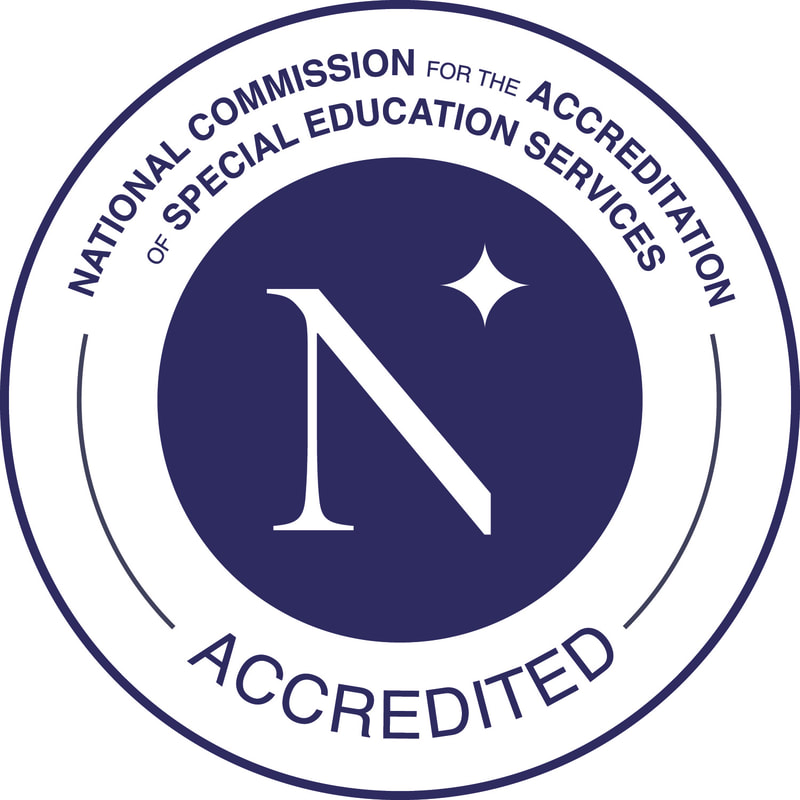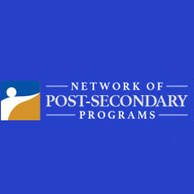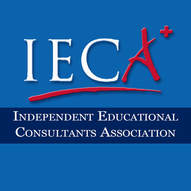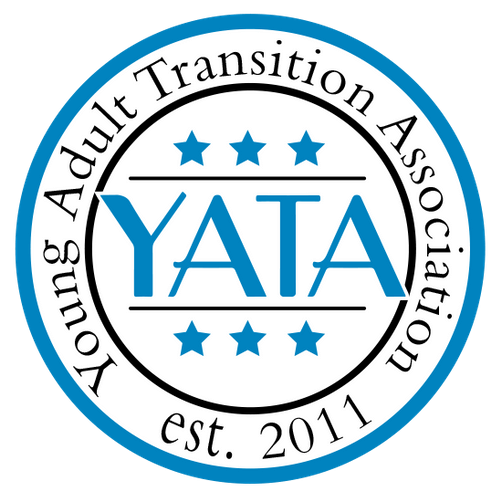Student-Led Family Contact
-
Questions To Ask
-
FAQ's
<
>
Ultimately what is discussed in the Family Contact is up to the student, you, and the service coordinator, but here are some basic questions we recommend going over:
- What classes or 1:1’s are you taking? How are they helping you reach your goals?
- What’s going well? What challenges are you facing?
- How is your budgeting going? What savings goals do you have?
- How did you do on your last room cleaning check?
- What are some of the things you’ve learned that will help you to live on your own?
- How can I help you as you work to live on your own?
- What systems do you have in place for paying your rent?
- How can we help you as you continue to live on your own?
- How are you doing with your medication?
- What support do you need to maintain your health?
- Is there anything you’ve learned to cook?
- What area are you currently working in?
- What do you like about work? What are some of the challenges you face at work?
- What job do you eventually hope to have?
- What are some of the things you’ve learned that will help you to live on your own?
- How can I help support you in your employment efforts?
- What do you do for fun in your spare time?
- Who are some of the friends you’ve made at SVA?
- What are the activities you enjoy most?
- What are some of the upcoming activities?
- How are you doing with exercising regularly?
Here’s a few extra thoughts regarding communication with your student:
- My student is contacting me more than I anticipated. How do I set boundaries with them?
- When a student first begins SVA, they will likely have many concerns and be experiencing a great deal of anxiety. The best thing you can do is to listen empathetically, and then redirect them to their service coordinator or other staff related to their concern (such as a therapist, work specialist, etc.) It’s also encouraged to set boundaries with your student regarding how much to call or text. For instance, you could set a one call a day limit. In no way do we want to discourage students from connecting with you; however, we do want to have them start developing coping skills outside reaching out to you for every concern.
- How often should I expect contact from SVA staff?
- Your primary contact will be with the student’s service coordinator during the monthly Student-Led Family Contact. You can reach out to the student’s service coordinator at any time if you have concerns regarding your student, especially if it concerns the student’s safety. You may also reach out to SVA’s Family Outreach Coordinator at any time: [email protected]
- Can I speak to the student’s service coordinator without the student?
- Yes. However, we would reiterate that the goal is to have the student be your primary channel of information regarding their progress through SVA. Be cautious in sharing information “around” the student--that is, conveying information to the service coordinator about the student without the student knowing. Please also be mindful of not utilizing service coordinators as middle-men or messengers for information you want to pass to the student.
- If there is a topic sensitive in nature regarding the student, or if you have a difficult relationship with your student, the student’s therapist can be included in family contact to help mediate conversations.
- Will you do two Student Led Family contacts if my spouse and I are no longer together or have differing opinions about the student’s progress?
- We recognize this gets a little tricky for you and for the student. We will do our best to accommodate you, but due to the difficulty of managing schedules, it may not be possible to do separate family contacts for each parent each month. We ask that parents work together to provide the student with unified parental guidance even if your relationship is divided. The more unified you are in your expectations for the student, the less stress he or she will be facing as they work toward living independently.
- What if my student does not want contact with me?
- At times we have students who do not want to contact their families or are extremely limited in the information they’ll share with their families. In some cases, they may refuse to sign the release of information, which is a key form giving us permission to reach out to families. It’s a difficult balance to respect the autonomy of the student and the desire of the family to be involved. In these instances, we encourage the student to work with their therapist in improving relationships and communication. However, ultimately this is an area we will address on a case-by-case basis.
- I am my child’s legal guardian. How does that impact the student-led family contact?
- Our hope is that even if you are your student’s legal guardian, you’d still want them to learn key skills regarding how to communicate better with you. Therefore we’d still utilize the student-led family contact as the primary method of communication. Additional communication outside of this format will be addressed on an individual basis.
Trainings from ScenicView
|
|
|
|
|
|
|
Other RecommendATIONS
|
|
|
|
Books we Recommend
The Loving Push: How Parents and Professionals Can help spectrum kids become successful adultsBest-selling author, autism advocate, and animal science professor Dr. Temple Grandin joins psychologist and autism specialist Dr. Debra Moore in a this book specifically about the transition to adulthood.
You can find this book on Amazon |









